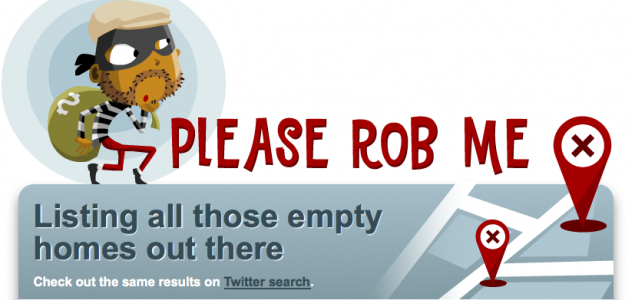Biz: News-reading habits: Online already tops newspapers, nearing TV
- Ah, studies! The things we love! The Pew Internet and American Life project just released a really interesting study about readership habits, with the key point being that online news is a huge chunk of readership nowadays. Here are a few key numbers and points, because we know that you guys like it when we do that for you:
The overall key number from this study:
- 59%like getting news on AND off the Web
We like mixing mediums:
- 92% get their news from multiple media platforms daily (as many as six)
- 2% get their news solely online – we call these people early adopters
Who reads what, where?:
- 78% like to get news from a local TV station
- 61% like getting their news on the Internet
- 50% still like reading news in a local newspaper
Online usage habits:
- variety Most people don’t have favorites. 65 percent don’t have a preferred site for their information.
- national Local news isn’t read so much online – weather and national news are much more popular.
- social Talkers are a big driver of news – three-quarters of people get news via e-mail or social media.
Lessons to take:
- » Newspapers need to focus on local: Many newspapers already do so. It’s their bread and butter, and the journalism they offer is still valuable. Readers agree, which is why they still prefer newspapers and TV for local news.
- » Can’t stop the Web: Online news is already ingrained into the public consciousness, and much of it is grabbed through social media. And it’s decentralized reading too. No point trying to plug it up at this point. In fact, it’s grabbing a massive hold on mobile phones, too.
- » People like talking about news: 72 percent of news-readers say that journalism is a social experience – they read because they like talking about it. Online, this means that social media needs to be a huge part of news-distribution efforts. source


